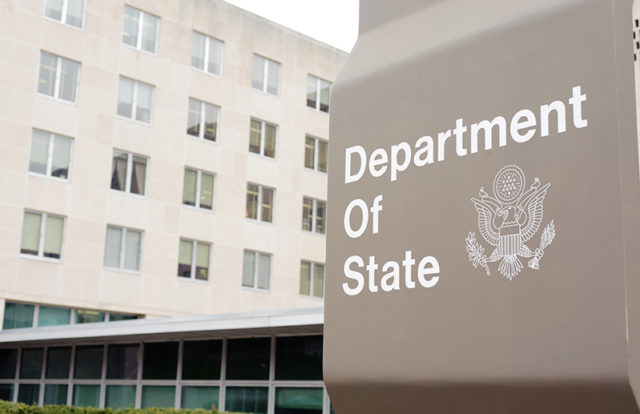
The State of Louisiana took a huge hit in the past year with a large volume of cyberattacks recorded since July 2019, including Louisiana’s municipal and government offices; the Sheriff’s office, and even public-school systems. Owing to this spate of cyberattacks, the Louisiana State Governor, John Bel Edwards, urged the local Government authorities and leaders to show cyber readiness, as cyberthreats have now become the new normal.
What the Governor Thinks
While addressing a local crowd during the inauguration at the state Capitol in Baton Rouge, Governor Edwards said, “You may not have been hit (by a cyberattack) yet in your town or your city. But it’s a question of when, not if. I don’t want anybody paying that ransom because if you do, then their business model is affirmed, and they’re going to keep doing this over and over.”
Governor Edwards suggested that individuals and businesses should frequently take a data backup. This backup needs to be saved remotely and away from the core network architecture so that in case of a cyberattack, the infection can be contained. The backed-up data can then be reinstated causing lesser loss of data and zero ransom payment worries (only in case of ransomware).
With the help of the State Government, Governor Edwards has now established a cybersecurity emergency response team including key persons from the technology services office, the homeland security department, the Louisiana State Police, the Louisiana National Guard, and university experts. A cybersecurity commission has also been established, which aims at finding better risk mitigation and incidence response techniques to cyberattacks.
History of Cyberattacks in Louisiana
Public schools: In July 2019, a state of emergency was declared by the Louisiana Governor after three public-schools (Sabine, Morehouse, and Ouachita parishes in North Louisiana) fell victim to ransomware attack.
Government IT systems and websites: In November 2019, a ransomware infection impacted the public state government’s email, websites including the Office of the Governor, Louisiana State Legislature, Office of Motor Vehicles, Department of Corrections, the Louisiana Division of Administration, and the Department of Transportation & Development, along with other online applications.
Municipality and Health care: In continuation of the November attack, a state of emergency was re-invoked when the ongoing ransomware attack affected 10 percent of Louisiana’s 5,000 network servers and more than 1,500 computers.










